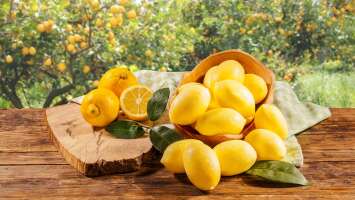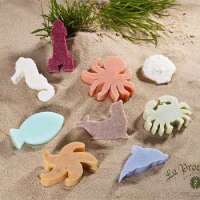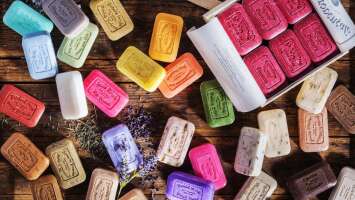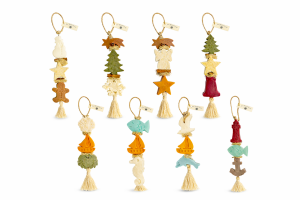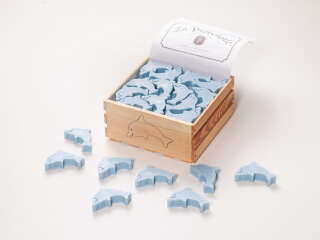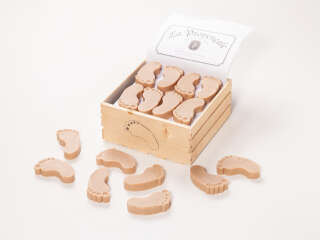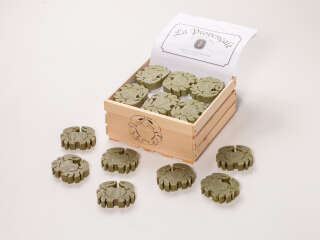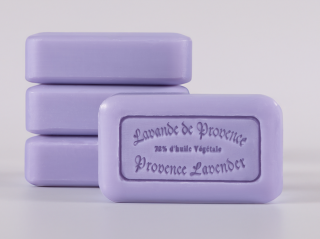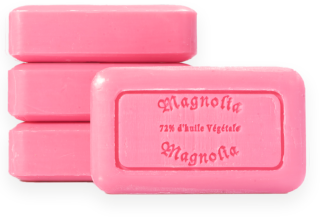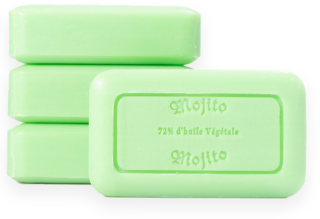Savon de Marseille, purely VEGAN
Our soaps are all manufactured and do NOT stem from industrial mass-production. You are purchasing purely artisanal soaps, produced by experienced “Maître Savonniers” with a lot of love for detail and professional expertise. Their basis is the age-old recipe of the Savon de Marseille, translated to modern day times by a certified production site based in France. The production conforms to the newest hygienic requirements. Our soaps are tested throughout every step of the manufacturing process and homologated EU-wide. Our Savon de Marseille does not contain any petro-chemical products, parabens, antioxidants, or glycol-ethylene. They are entirely plant-based, without any animal fats, and therefore 100% VEGAN. Our soap is certified as the highest standard of soap, the so-called “Savon de Toilette”, as opposed to simple “hand soap”.
The base of our products is a raw soap, produced following the traditions and old recipe of the Savon de Marseille, therefore containing at least 72% vegetal oil in mass. This raw soap is RSPO-certified and substantially more expensive than ordinary soap bases. We have consciously chosen this base out of consideration for sustainability and to contribute a small part to the conservation of our planet. None of the oils used for our soaps were won on plantations for which rain forest was destroyed. The oil producers are paid fairly and the flawless and certified production is continuously supervised.
The production of the finished soaps includes many elaborate steps. The raw soap is milled tree times through heavy rollers, making it more and more refined. Then, delicate perfumes, sometimes natural herbs and dried flowers, as well as 100% food safe coloring is added in further production steps. All of these steps happen manually, not automated. This may result in variations from batch to batch, like slight differences in color. Through the addition of plant-based glycerin, the soap receives a mild and especially creamy lather.
In the next production step, the manually cut soap bars get stamped by hand one by one and then micro-cellophaned after drying. This cellophane packaging is mandatory, as it is now forbidden in the EU to sell unpackaged soap. As a final step, the soaps are labelled with a complete content declaration and finally boxed in units of 18 pieces into wooden crates made from local woods.
